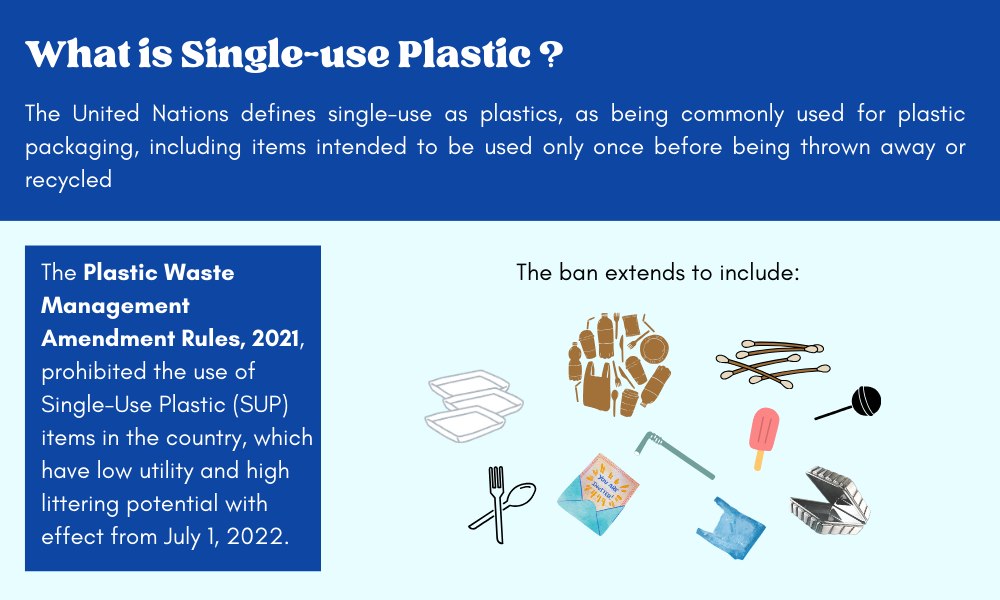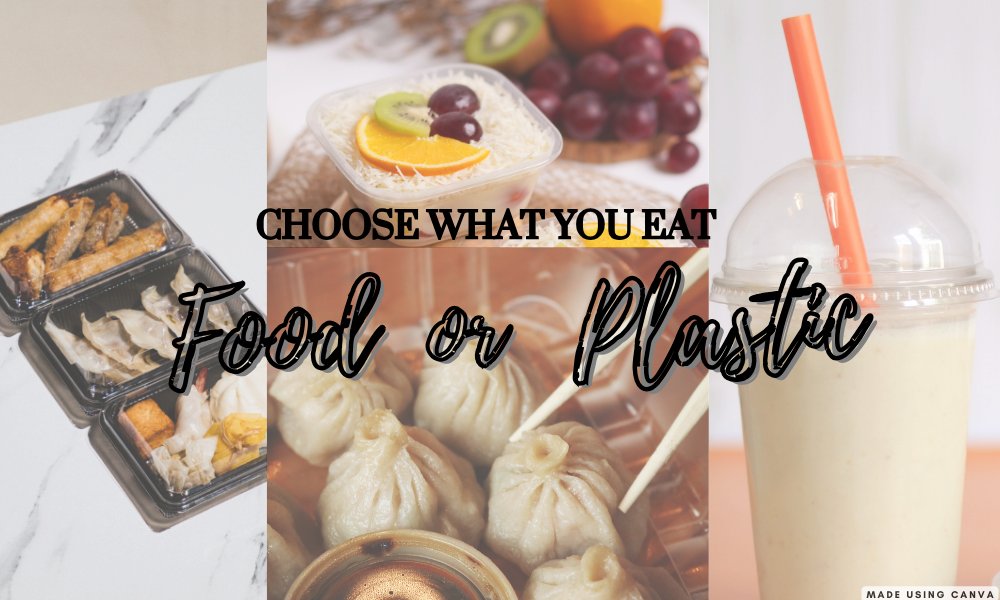Plastic packing products are easily available and cheaper than eco-friendly ones, say restaurant owners.
Despite an increase in the sales of eco-friendly food packing products, plastic food packaging remains the preferred choice for many restaurants in the city.
Eco-friendly packing manufacturers in the city have witnessed an increase in sales of their products, over the years. Dhanvita Sathyanand, Co-Founder and Managing Director at Aecoz Bioware, a Bengaluru-based eco-friendly food packaging manufacturer, said that there has been a steady increase in sales of their products not just in Karnataka, but all over the country.
Reports suggest that India’s biodegradable tableware and packaging product market has grown steadily over the years. According to Grand View Research, a business consultancy firm, the biodegradable tableware and packaging products market size in India is estimated at $2.06 billion in 2023 and is projected to grow at a compound annual growth rate (CAGR) of 6 per cent from 2024 to 2030.
According to the report, the expansion of the online food delivery system has created more demand for food packing products and thereby led to the growth of the sustainable food packing market.
However, the demand for plastic food packing products is more than the eco-friendly ones. We were not able to capture even one percent of the market in Bengaluru, Dhanvita complained.
Eco-friendly packing product manufacturers mention that only high-end customers and brands that need their names mentioned in the products are switching to eco-friendly food packaging.
Many restaurants in the city resort to plastic food packing as they are cheaper and readily available. Nikhil, a spokesperson from a multi cuisine restaurant, in Mysore Road, said that for most of the food items, they use aluminum packing products However, when it comes to gravies and liquid items they have no other choice than to rely on plastic containers to ensure that they don’t spill. “Plastic packing products are much cheaper and easily available,” said Nikhil.
Similarly, Sajjad, owner of a restaurant at Kengeri Satellite Town, said that they use both plastic and aluminum products for packing food items. He said that they are trying to shift to more eco-friendly packing solutions, however, the high price of these products remains a major concern.
Nonetheless, many restaurants in the city have been successful in adopting sustainable food packing methods. A restaurant near Kengeri Railway Station has been using food grade containers and aluminum and paper-based packing products for almost three years now, said Sumant, manager of the restaurant. He mentioned that they have received very less complaints about food spilling. “We don’t use a single piece of plastic here,” he added.

Karnataka was the first state in the country to ban single-use plastic in 2016 with the Plastic Waste Management Rules. Similarly, the Plastic Waste Management Amendment Rules, 2021, prohibited the use of Single-Use Plastic (SUP) items in the country, which have low utility and high littering potential with effect from July 1, 2022.
The revised rules of 2021, define SUP as plastic items intended to be discarded or recycled after one use. Likewise, the United Nation Environment Programme (UNEP) in its 2018 Report defines SUP as commonly used for plastic packaging items, grocery bags, food packaging, bottles, straws, containers, cups cutlery, etc.
The ban extends to include, ear buds with plastic sticks, plastic balloon sticks, plastic flags, candy sticks, ice cream sticks, polystyrene decorations as well as cutlery items like plates, forks, spoons, knives, glasses, straws, and trays. Other banned items include the wrapping film around sweet boxes, invitation cards and cigarette packets, plastic stirrers, and plastic or PVC banners that are less than 100 microns.
The notification also prohibits manufacture, import, stocking, distribution, sale and use of plastic carry bags having thickness less than 75 microns with effect from 30 September 2021, and having thickness less than 120 microns with effect from the 31 December, 2022.
However, Dhanvita maintains that the ban on single-use plastic is not effectively enforced. Many restaurants still prefer plastic packing products as they are cheaper than eco-friendly products.
Experts say that plastic food packaging products can have an adverse effect on the health of consumers as well as the environment.
Hot food served in plastic containers, could melt the plastic, resulting in people consuming micro plastics, said Dr. Prajwal K.C, a Bengaluru based general physician.
He suggested that consumption of micro plastics in the long run might trigger cancerous cells in individuals. However, there is no proven result or detailed studies that show “after how many years of plastic consumption, an individual might develop cancer,” added Dr. Prajwal.
He further highlighted the need to focus on environmental impact of plastic waste generated post consumption. Biodegradability of plastic products is less compared to eco-friendly packaging products, he said.
He suggested that making people aware about the health and environmental impact of plastic food packing products would help them choose wisely between plastic and eco-friendly food packing products




